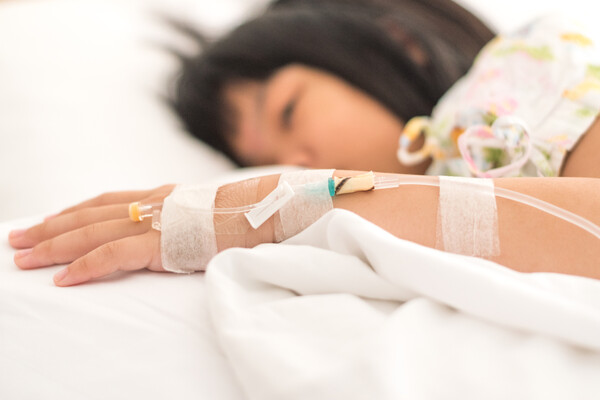
The number of children infected with Mycoplasma pneumonia is surging, raising concerns about a potential "pediatric care crisis," according to warnings from pediatricians in Korea.
The Korea Disease Control and Prevention Agency (KDCA) conducted a nationwide sampling of 218 hospital-level medical institutions with more than 200 beds. The results revealed that the number of patients hospitalized with Mycoplasma pneumonia has more than doubled in the past four weeks. The figure increased from 102 on Oct. 15 to 226 on Nov. 11, with 79.6 percent of the hospitalized patients being children aged 12 or younger.
In response to this situation, some members of the medical field have emphasized the need for the government to take more proactive measures, expressing concerns that this respiratory disease could overwhelm the capacity of pediatric clinics and hospitals.
The Korea Children's Hospital Association (KCHA) criticized health authorities for being too complacent in dealing with Mycoplasma pneumonia. They demanded that, instead of leaving infection prevention to individuals, the government should take proactive measures against the Mycoplasma epidemic, drawing lessons from the approach used for Covid-19.
The association highlighted the potential for rapid spread among children in group settings such as schools and preschools. They pointed out that pediatric practices are already facing difficulties due to essential staffing shortages and a surge in flu and other viral infections. A Mycoplasma outbreak would exacerbate these challenges, causing serious disruptions in pediatric care.
The KCHA also suggested that the government should learn from efforts in other countries, such as India and Taiwan, where measures are taken to prevent the entry of Mycoplasma and called for an expansion of sample monitoring to better prepare for a potential Mycoplasma pandemic.
Choi Yong-jae, president of KCHA, emphasized the importance of including children's hospitals in the pediatric infection specimen surveillance medical institutions to ensure more accurate patient specimen surveillance.

